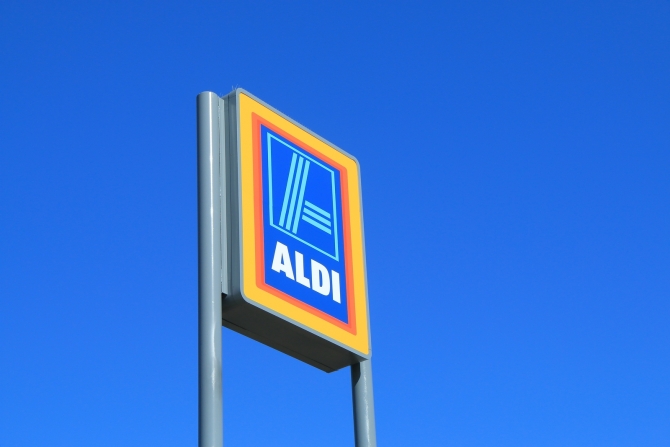The supermarket price war has been underway for some time as the Big Four attempt to protect their share of the market. However, in an interesting turn of events, it seems that the discounters are now stepping up the challenge with Aldi revealing it will respond to price cuts elsewhere in the sector by introducing its own set of discounts – and it will also be increasing its number of stores.

Aldi claims that attempts by higher cost rivals to lower their prices have only served to boost its own UK sales, which grew by 36 per cent to £5.3 billion in the past year. This saw total profits boosted by an incredible 65 per cent and pre-tax profits climb by around two thirds to £261 million.
Joint managing director for Aldi UK, Matthew Barnes, believes that the efforts of chains such as Tesco, Sainsbury’s and Asda to lower prices have played right into the discount brand’s hands.
He says; “Price cut have encouraged consumers to think more about what supermarkets charge.
“Whatever our competitors plan to do, we know exactly what our response will be and our competitors do as well – we will not let them compete on price, we will not let them close the gap.
“We want to have a minimum of a 15 per cent basket discount [compared to leading UK rivals] and the reality is that it’s higher than that.”
In order to bring its range to a larger number of UK consumers, Aldi has announced that it will be stepping up its store portfolio expansion programme during the next year. It intends to open 65 new stores by December 2015, a marked increase on the 42 new openings last year and even higher than the present year’s 54 new stores target.
By the end of 2015, then, Aldi will own over 600 stores in the UK, putting it well on course to operating 1,000 stores by 2022. However, this is but a fraction of Aldi’s worldwide operations as it already has upwards of 7,000 stores across three continents, primarily in its home market of Germany and Central Europe.
Along with the lower prices, part of the appeal for consumers according to Aldi executives is the small uncomplicated store layout which consumers have now begun to prefer to the large hypermarkets first popularised in the UK by Tesco. However, Mr Barnes revealed that several of the new stores will be slightly larger than the current average of 1,000 square metres as a means of accommodating for a wider range of products.
This, he states, will be particularly useful during Christmas shopping season, as this year Aldi will offer almost a third more premium products than last year.
Mr Barnes concludes; “There are still members of the public that don’t shop with us.
“Some because they don’t have access to our stores, some because they are yet to be convinced, and Christmas is a fantastic chance for us to showcase that you can get everything and more that you need.”
Previous Post
Another Tenant confirmed at Four World Trade Center